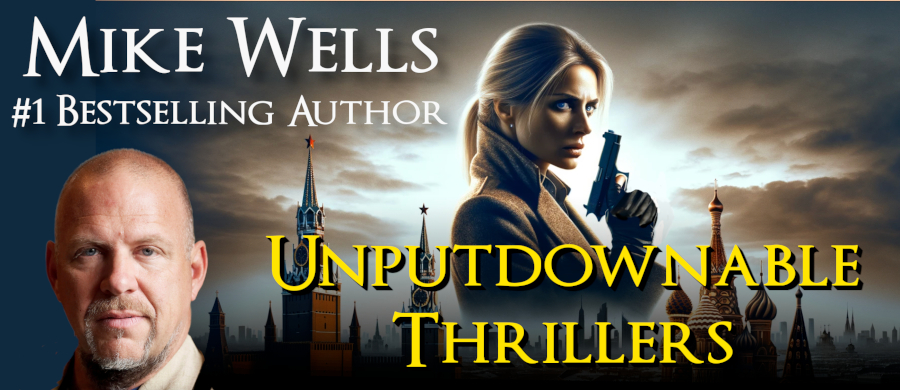Several readers have told me that they would love to buy my ebooks, but you see, when they read they like to “hold the book in their hands.”
Until recently, I didn’t realize how complicated a problem this actually was. To remedy it I’ve decided to write a detailed, step-by-step tutorial on how to hold a Kindle or other e-reader in your hands just like a real book. If you follow these instructions very carefully and concentrate, paying close attention to all the details, I’m almost sure it will solve your problem.
Step 1. Buy a folder-over cover as shown here, and attach it to your e-reader using the instructions provided by the manufacturer.
Step 2. Grasp your e-reader with both hands as shown:
Step 3. With your left hand, grasp the front flap of the cover (pay attention here, this is the key step). Pull it open as shown.
Step 4. Sit back and read, holding it just like a real book!
Note: If you’re left-handed, it’s probably best to substitute “right” for “left,” and vice-versa, in Steps 2 and 3.
Extra for Advanced Readers
Once you have practiced this for a couple of months and really have it down, here is an advanced step that some particularly agile readers prefer to master. I call it the “one-hander.”
Step 5 (advanced). Hold your e-reader open, as in Step 4 above. Very carefully, shift the weight of your e-reader into your left hand. Now, even more carefully, remove your right hand and...voila! You will be amazed to see that you are now holding your e-reader with one hand, just like a real book.
 |
| Look Ma, only one hand! |
There is one more bit of advice I have for the truly die-hard paper book folks (you know, the ones who care more about the paper than the words printed on it). By a canister of Smell of Books spray and dispense it lightly over the cover of your e-reader every now and then.
I understand that most readers prefer “Classic Musty Smell,” but some of the hardcore paper book freaks prefer the more pungent “Eau You Have Cats” aroma.
If you have any questions, please ask!











